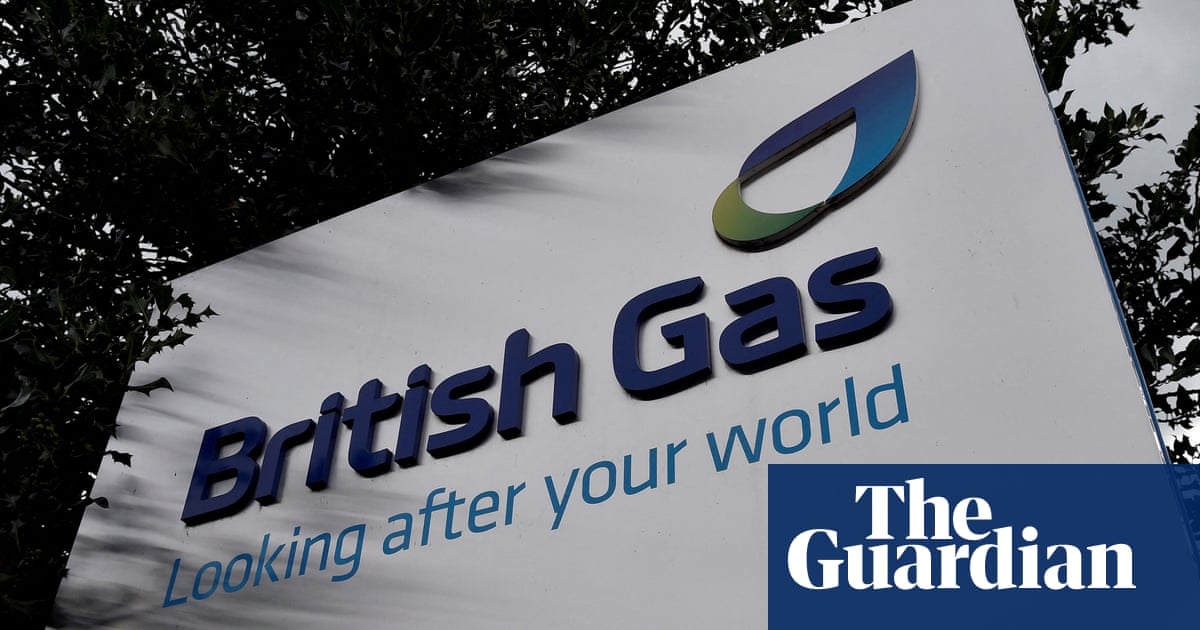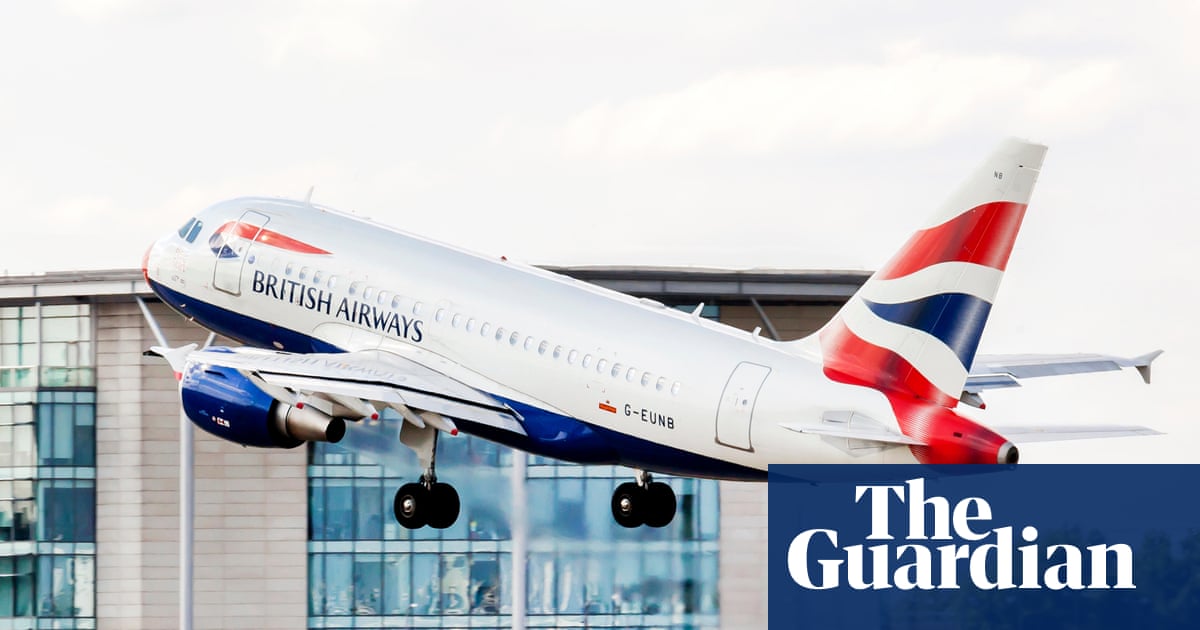
Willie Walsh faced down a pay revolt on the final day of his 41-year career in aviation, bowing out as chief executive of British Airways owner IAG with a warning that the industry faces the gravest crisis in its history.
Almost 30% of shareholders failed to back the company’s remuneration report, which awarded Walsh an £833,000 annual bonus that took his total earnings for 2019 to £3.2m.
The deal was agreed before coronavirus sent the company’s finances into freefall and thousands of pilots, crew and ground staff were either sacked or forced to take substantial pay cuts.
Provisional numbers issued at the end of IAG’s annual shareholder meeting in Madrid on Tuesday showed only 71.6% of investors had voted to approve directors’ pay awards, with about 20% voting against.
IAG said it was “disappointed” by the vote and would engage with shareholders to understand their concerns. However, shareholders overwhelmingly backed one of Walsh’s final acts as IAG boss, the €2.75bn (£2.49bn) rights issue announced in July to shore up the company’s balance sheet during the Covid-19 crisis. Walsh issued a stark forecast as he departed, warning IAG could not expect 2019 levels of passenger demand to return until 2023 or even 2024.
The IAG chief executive had delayed by six months his handover to Luis Gallego, the boss of BA’s sister airline Iberia, after the impact of thepandemic on aviation became clear.
The 58-year-old Irishman said he was both retiring from IAG and leaving the aviation industry, where he started 41 years ago as a trainee pilot.
He said he was leaving with the industry in “the worst crisis we have ever faced, far worse than both 9/11 and the financial crash in 2008”, and highlighted the change in the latest quarterly financial results – a swing of nearly €2.4bn for April-June from 2019 to 2020, when most planes were grounded and passenger numbers fell by 98.4%.
He defended controversial moves to cut 12,000 BA staff and move others on to inferior contracts. He said: “We were quick to take action not only to address the immediate challenge we face from the pandemic but, critically, to enable us to emerge from the crisis in a strong position … ensuring that our businesses are the correct size and structure for the new operating environment in which they will find themselves.”
Walsh also renewed his attack on the government’s quarantine rules for their “huge impact on an already troubled aviation industry”, calling for a more constructive approach from the government.
Heathrow airport has proposed cutting quarantine periodsby imposing a regime of airport testing and establishing air corridors with parts of the US that have recorded lower rates of Covid-19 infections, a plan Walsh said he backed.
The outgoing IAG boss, who took control of the newly formed company in 2011 after plotting its creation via a £5bn merger with Iberia, said it had been “one hell of a journey since then”.
He grew IAG with the acquisitions of Spanish no-frills airline Vueling and Aer Lingus – the Irish carrier where he had earlier made his name as a chief executive, slashing jobs to make it profitable. The group also launched a low-cost subsidiary, Level, to fend off the challenge of budget rivals, but it has failed to grow and Walsh said it would be pared back to a Barcelona base.
He has become one of the global aviation business’s most respected figures, having led moves to industry consolidation and established IAG – until Covid-19 – as a highly profitable firm in an industry notorious for losses.
However, he will leave with little love lost among thousands of BA employees, and cabin crew in particular. Unions fought a bitter dispute to preserve terms and conditions when he was running the airline directly, from 2005 to 2010. Now many long-serving staff have lost their jobs or been forced onto lower-paid contracts as BA, as Walsh has told politicians, “embraces reality” after coronavirus.












